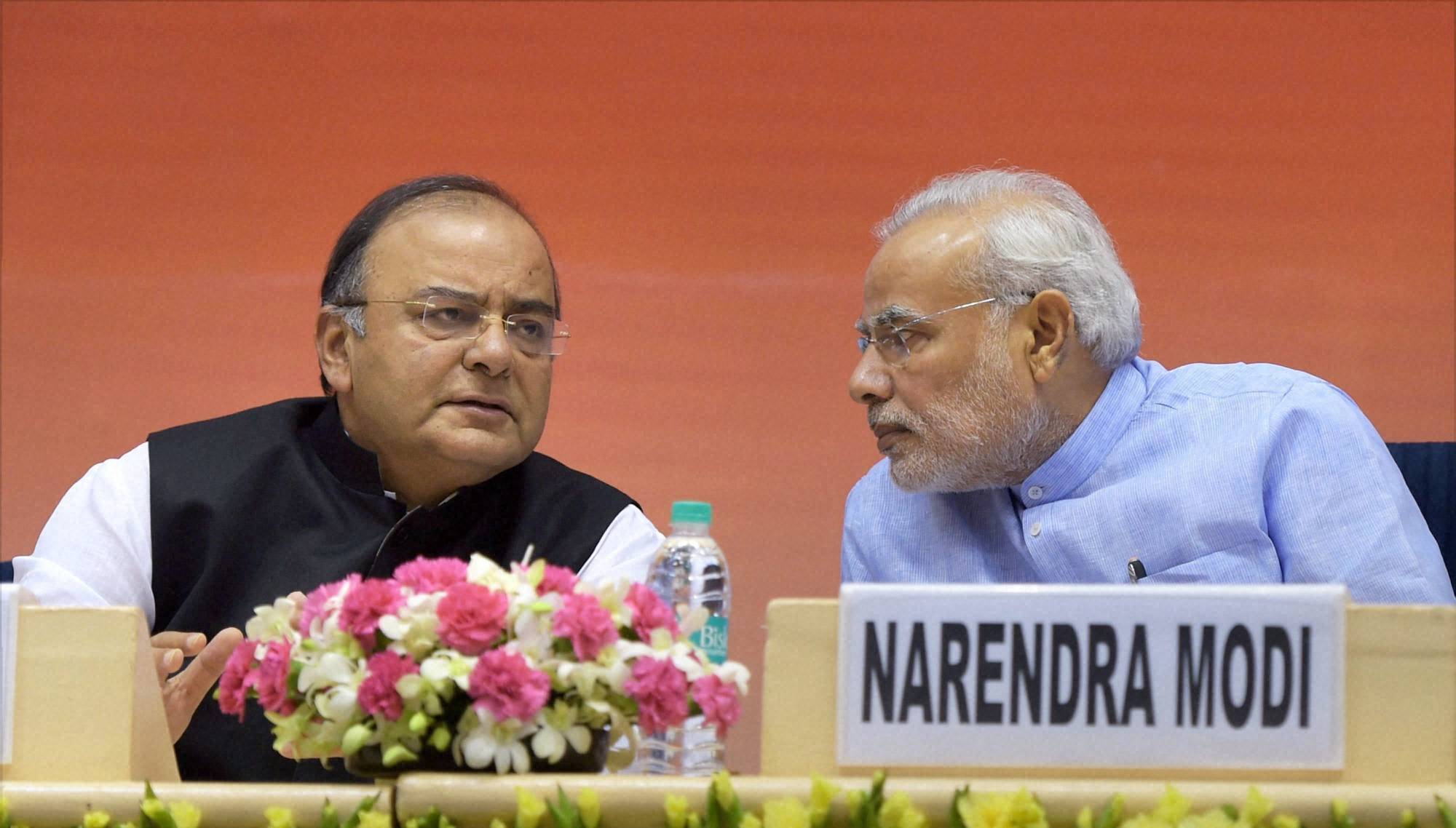

Yes Bank CEO-designate Prashant Kumar has assured customers that complete operational normalcy will be restored from 6 PM today. Stating that there are absolutely no worries on the liquidity front, Mr. Kumar said all the bank branches and ATMs have adequate supply of cash. He also clarified that there would not be any need to depend on external sources for liquidity.
Assuring depositors that there is no need to worry about the safety of their deposits, Mr. Kumar said customers will enjoy all the banking services as they did before the moratorium.
Mr. Kumar also ruled out a forensic audit of the lender’s books but also remained non-committal on continuing to pay the present 5-6 per cent interest on deposits. The retired SBI banker, who will formally take over as the Chief Executive and Managing Director on 26th of this month, said he expects recoveries worth 8,500-10,000 crore rupees in the March quarter itself as provision of almost 72 percent has already been made.
We will resume full banking services from Wed, Mar 18, 2020, 18:00 hrs. Visit any of our 1,132 branches from Mar 19, 2020, post commencement of banking hrs to experience our suite of services. You will also be able to access all our digital services & platforms@RBI @FinMinIndia
— YES BANK (@YESBANK) March 16, 2020
It may be recalled that Reserve Bank had imposed a moratorium on Yes Bank earlier this month, capping withdrawals at 50,000 rupees per depositor after it found that the new management is unable to raise the urgent core capital which had fallen much below the mandated level.
The moratorium will be lifted at 6 PM today, as per the reconstruction scheme notified and that it will be back to normal operations. Besides SBI being a major shareholder now, ICICI Bank, HDFC, Axis Bank, Kotak Mahindra Bank, Bandhan Bank, Federal Bank and IDFC First have also invested in the private lender as per the reconstruction scheme announced by Reserve Bank.
We have done extensive analytics about customer behaviour. We have seen that only one-third of customers have withdrawn ₹50,000 during the moratorium period. That is a huge comfort. They don’t have any apprehension or feel the need to withdraw or shift money more than is required in the normal course of business. Last four days, we have seen higher inflows than outflows, he said.
Seeking to further assure the bank’s customers, Kumar said that all ATMs and branches of Yes Bank have enough cash to meet the needs of customers once the moratorium is lifted. He also added that the bank has enough funding lines and there are no issues with liquidity.
Shares of Yes Bank have surged more than 11-fold from their lifetime low during the last seven sessions, after State Bank of India (SBI), along with eight lenders, agreed to a bailout package for the private lender. On Tuesday, the stock closed at ₹59.10 on NSE, up 59.3% from its previous close. The stock had hit a lifetime low of ₹5.50 a share on 6 March.
SBI chairman Rajnish Kumar, the largest investor in Yes Bank, said at the news conference that SBI remains committed to the investment and will not sell any part of its 48% stake before the expiry of a three-year partial lock-in period. The lock-in period was part of rescue efforts to ensure that Yes Bank remains well capitalized. Kumar also said that SBI could invest again if required in the second round of funding which is expected to take place in six months.
“I’m free to sell shares. Let me assure you for three years not a single share will be sold. But for any bank who has invested, everybody is expecting decent IRR (internal rate of return),” Kumar said.
On Monday, RBI also assured Yes Bank’s depositors that their money is in safe hands and there is no reason to withdraw cash in panic.
After the restructuring exercise and RBI’s assurance, rating firm Moody’s Investors Service on Monday upgraded its credit outlook for the lender to positive from negative.
Emkay Research said in a note to clients that it believes “the current moratorium on deposit withdrawal and capital infusion are just a first step toward the revival of Yes Bank and thus avoid systemic risk for the entire financial sector and economy in current testing times”.
On 13 March, the government approved a rescue plan for Yes Bank backed by SBI. Under the plan, domestic investors including SBI, Housing Development Finance Corp. Ltd, ICICI Bank Ltd, Kotak Mahindra Bank Ltd, Bandhan Bank Ltd, Federal Bank Ltd and IDFC First bank have committed to invest ₹11,200 crore into Yes Bank.
On Saturday, Yes Bank reported a record loss of ₹18,564 crore in the quarter ended 31 December 2019 following a sharp rise in bad loans and higher provisioning. Provisions for the quarter stood at ₹24,765 crore. Gross non-performing assets (NPAs) as a percentage of total loans soared to 18.87% from 7.39% a quarter ago. Net NPA as a percentage of total loans stood at 5.97% compared to 4.35% last quarter.
Kumar, however, cautioned that there could be fresh additions to Yes Bank’s NPA of ₹8,500 crore, which he expects to recover in the next financial year, ensuring that credit cost or the amount set aside for bad loans remains nil.


















